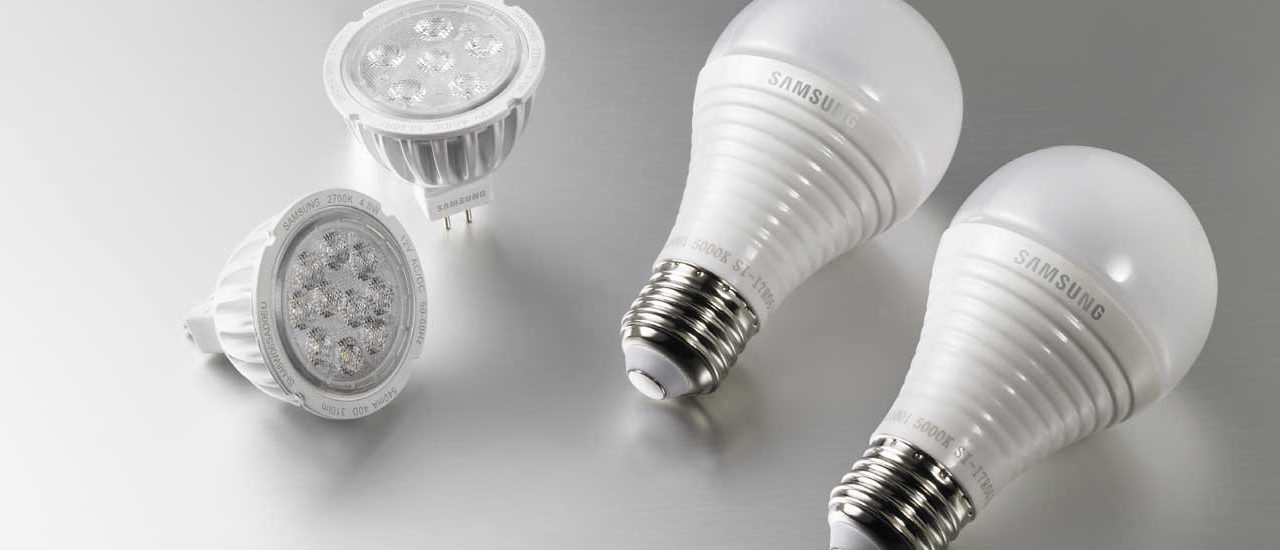During the winter months, we all turn the heating up and see our energy bills soar; it’s can be expensive and a problem for the environment. In East Sussex, the climate is decidedly British and it’s only natural to want a warm, welcoming home.
Your County spoke to local electrical contractors Cooper Weston to get their tops tips on a more energy efficient home:
Change your light bulbs
No matter the layout of your property, lighting is an essential and practical requirement for a safe home. The EU has targeted CO2 emissions for several years, so there are many energy-efficient lightbulbs on the market, meaning you don’t have to compromise on style for your light fixtures.
Look out for Light Emitting Diodes, or LEDs and even Compact Fluorescent Lamps, known as CFLs. LEDs are the most common, score an A+ for efficiency and as well as being long life lighting options, they’re also recyclable. The only downside is that you may need to get used to their start-up time in comparison; they take slightly longer than traditional bulbs to brighten fully.
It would also be worth being more mindful of how you use your lights. If you leave a room, turn the light off and try to wait a little longer in the evenings to put them on.
Check energy ratings
As with the LEDs mentioned above, the EU has an energy rating system from A++ to E on products and appliances that need an energy source. Working as a grading similar to school, A means an item is very energy-efficient, and E means it uses far too much.
When you buy a new appliance for your home, check the rating and aim for a score of A and above; your item will cost you less in the long run, so it’s an easy decision to make. If you’re concerned, you may have a very inefficient item. Contact the manufacturer if you’re unsure of its EU score and replace if it doesn’t meet your new standards.
Invest in energy-efficient windows
As you heat your home, a large portion of warmth is lost through windows, especially in the winter months as the glass turns cold from the temperature outside. If you’re not double-glazed, you’ll benefit from both the increased warmth as less heat is released, and from soundproofing.
If you’re concerned about costs, you can roughly discover how much you’ll save on heating by checking the windows BFRC rating, which any supplier will be able to discuss with you. In essence, you want to keep the heat in and the cold out. If you’re replacing your windows to improve this principle, check out uPVC and aluminium frames which last longer than wooden counterparts and can also be recycled.
Reduce your waste
One of the best ways to make your home more efficient is by keeping to the general rule of buying only what you need, especially when it comes to food. With huge amounts of CO2 used to destroy household waste, little changes at home can have a big impact.
Plan your shopping list in advance and don’t be tempted by bulk buys or discounts if you know that it won’t be used by your family. Any leftovers you have can be seen as ‘organic waste’ which can be composted and taken away by the council to recycle, or to fertilise your own vegetable garden should you have one.
If you have old products, clothes or any items that can be reused, either recycle or give to a charity collection rather than simply throwing them away.





Thanks, very useful content.